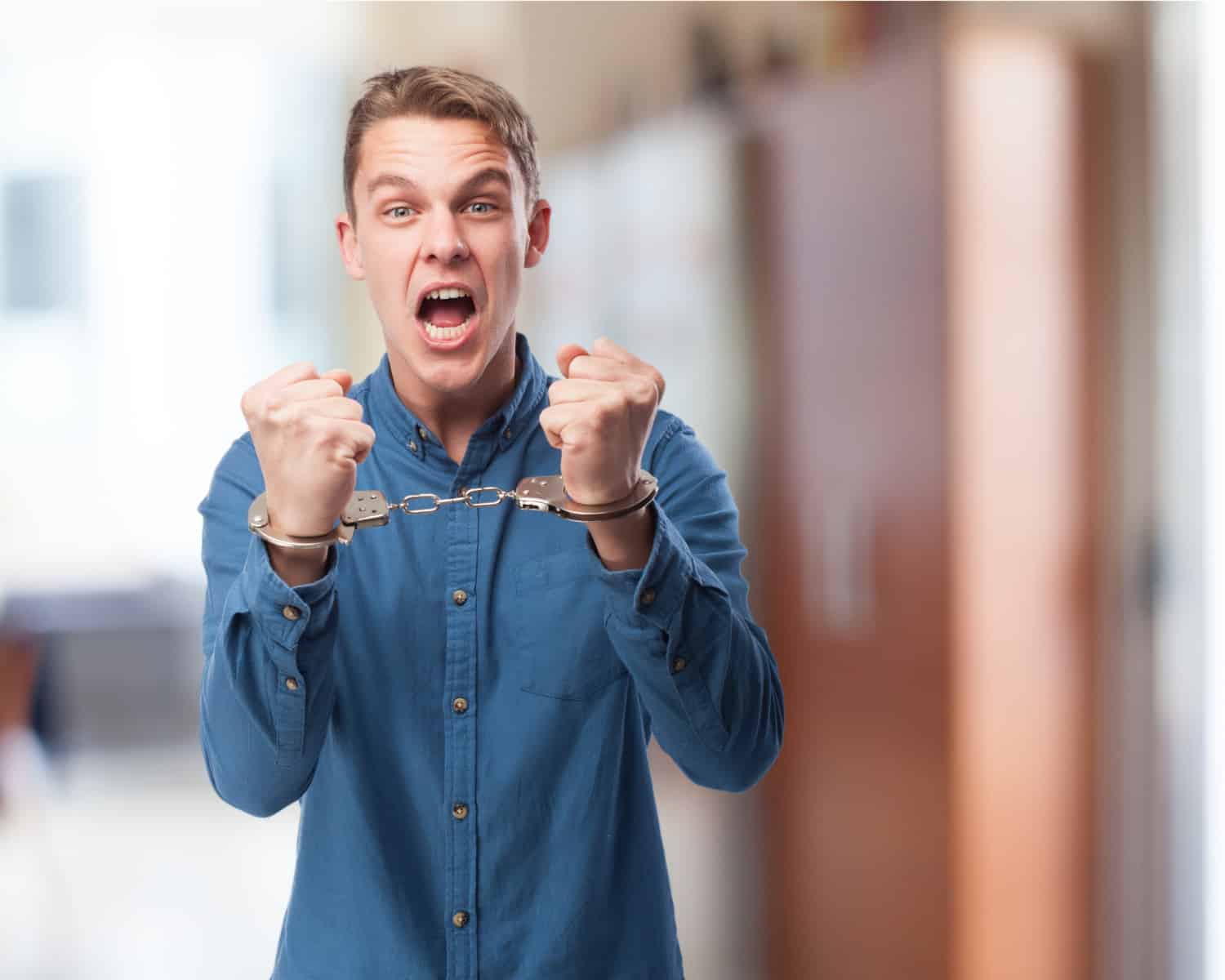
Getting arrested can feel like hitting a brick wall – terrifying, confusing, and completely overwhelming, especially here in South Africa, where the legal system can seem like a confusing maze. This guide is here to cut through the legal jargon and give you the straight facts on what happens when you’re taken into custody by the South African Police Service (SAPS). Whether you’re innocent or not, knowing your fundamental constitutional rights – like the right to remain silent, to get a lawyer immediately, and to be treated fairly – is your essential protection. The South African Constitution is on your side, and understanding these crucial legal rules is the only way to navigate an arrest without accidentally handing the police the evidence they need to use against you.
Here’s the deal: the police have a specific set of rules they need to follow when making an arrest. If they mess up, your case could even get thrown out of court!
Remember, You Have Rights
- Stay Silent: You have the right to remain silent. This means you can remain silent and refuse to answer any questions the police ask. Anything you say can be used against you in court, so zip it until you talk to a lawyer.
- Lawyer Up: You have the right to an attorney, regardless of whether you can afford one or not. This right kicks in as soon as you’re arrested. If you can’t pay for a lawyer, the state will provide you with one. Don’t hesitate to exercise this right!
- Speedy Trial: You can’t be held in jail forever. The police have to bring you before a judge within 48 hours (excluding weekends and holidays) to determine if there’s enough evidence to hold you. This is your chance to argue for your release.
- No Force: You can’t be pressured into confessing a crime. Any statement you make needs to be freely given, without threats or intimidation. If the police try to force you to confess, stop talking and request your lawyer immediately.
What the Police Can Do
While you have rights, the police also have certain legal powers during an arrest. Here’s what they can do:
- Search You: The police can search you if they have a good reason to believe you’re carrying something illegal, like drugs or a weapon. However, they generally need your consent for a full search of your belongings. You have the right to refuse, but be aware that they might get a warrant to search you anyway.
- Fingerprints & Photos: They can take your fingerprints and photograph you after an arrest. This is standard procedure and helps them identify you and build their case.
Know Your Rights, Protect Yourself
Getting arrested is a serious situation. Knowing your rights can help you stay calm and avoid making mistakes that could hurt your case later. If you’re unsure about anything, politely but firmly ask the officer to explain your rights. Remember, silence and requesting a lawyer are your best friends during an arrest.
Been Cuffed? We Can Help!
If you or someone you know gets arrested, don’t panic! Contact BBP Law’s experienced criminal defence team. We’ll fight for your rights and help you navigate the legal system. Remember, knowledge is power, and knowing your rights can make all the difference in the outcome of your case.


Recent Comments